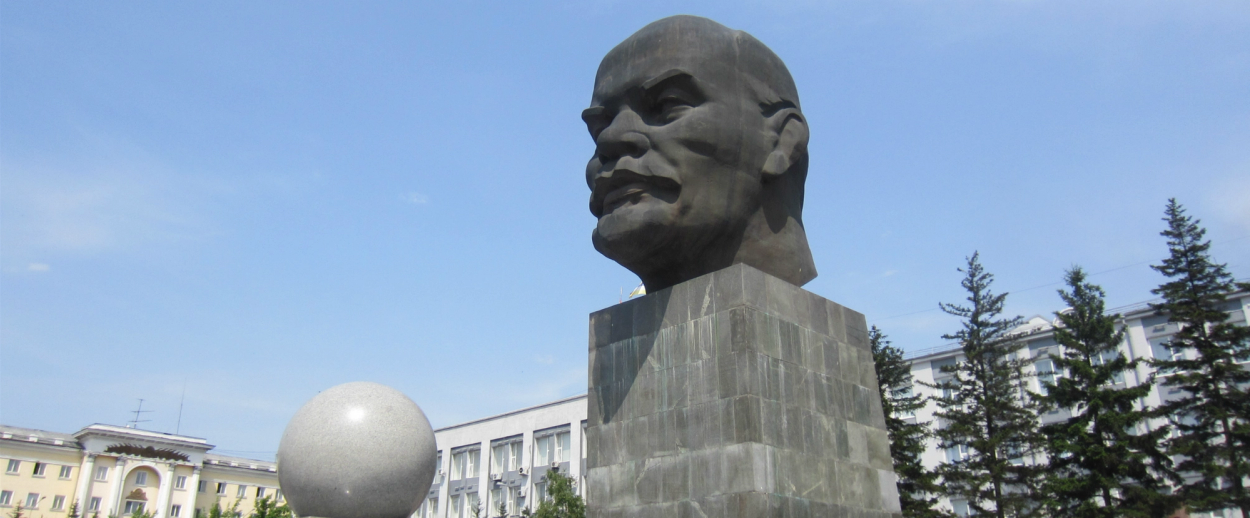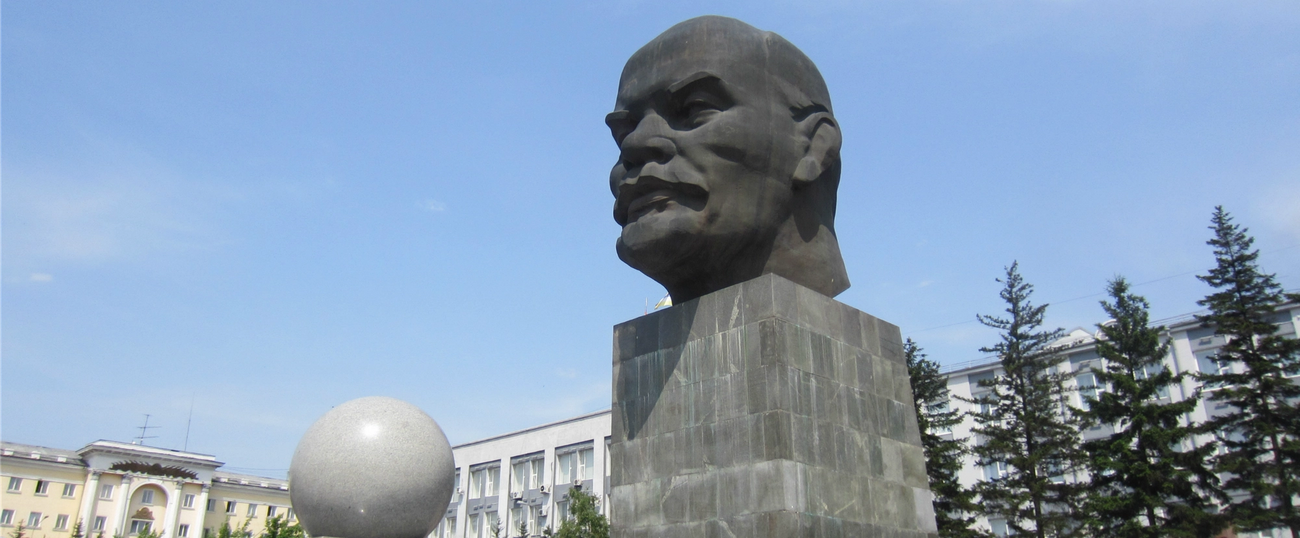Introducing Soviet Union Week at Tablet
Readers of the world, unite!




This week, a spectre is haunting Tablet, the spectre of the Soviet Union. With the Bolshevik revolution launched 100 years ago next month, and with the Berlin Wall tumbling down in November of 1989, signaling the beginning of the end of the Soviet Union, it’s as good a moment as any to ponder what the impact of the hammer and the sickle, and the role Jews played in promoting, resisting, and grappling with Communism.
We launched things off with an essay by Ruth Wisse, exploring the reasons behind the infatuation of so many American Jews with the romance of the Bolshevik regime, despite mounting evidence of its monstrous nature. Robert Rockaway, professor emeritus at Tel Aviv University, looked at the great migration of Russian Jews to the United States, and wondered how much of it had to do with persecution and how much was due to the community’s own self-interested leadership. And David Mikics examined the sickening cost of Lenin’s revolution, and why, a century later, its amorality is still with us.
We’ll have more as the week unfurls, including memoirs of a year in Khrushchev’s Moscow, reflections on life on a Brooklyn kibbutz, meditations on what Jews must do to obtain economic justice, a post-Soviet voyage to the ghosts of socialist Chile. Tune in here—you have nothing to lose but the time you would’ve futzed around on Facebook. Readers of the world, unite!
Liel Leibovitz is editor-at-large for Tablet Magazine and a host of its weekly culture podcast Unorthodox and daily Talmud podcast Take One. He is the editor of Zionism: The Tablet Guide.